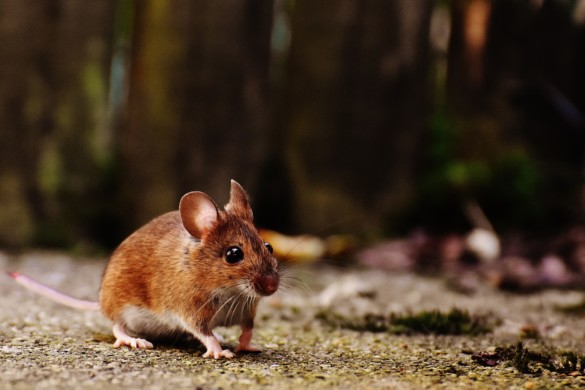 Jennifer Griffin currently serves as the Chief National Security correspondent for FOX News Channel (FNC). She joined FNC in October 1999 as a Jerusalem-based correspondent. Prior to that she reported for 3 years from Moscow for FNC.
Jennifer Griffin currently serves as the Chief National Security correspondent for FOX News Channel (FNC). She joined FNC in October 1999 as a Jerusalem-based correspondent. Prior to that she reported for 3 years from Moscow for FNC.
Since 2007, Griffin has reported daily from the Pentagon where she questions senior military leaders, travels to war zones with the Joint Chiefs and Secretaries of Defense, and reports on all aspects of the military and the current wars against ISIS and Al Qaeda.
Most recently, Griffin reported on the ongoing Israel-Hamas war live from the Pentagon. She extensively covered the Russian invasion of Ukraine, reporting live from Lviv and Kyiv, Ukraine, where she presented an exclusive sit-down interview with Ukrainian Foreign Minister Dmytro Kuleba. In April of 2022, she secured an exclusive interview with United States Secretary of Defense Lloyd Austin, which took place at Ramstein Air Base in Germany following his meeting with dozens of defense ministers on the war in Ukraine. Prior to traveling to Europe, Griffin spearheaded FNC’s Ukrainian war coverage stateside with around the clock updates from the Pentagon. In 2021, she led reporting surrounding the withdrawal of U.S. troops from Afghanistan, notably grilling Pentagon Officials over their handling of the evacuation. Additionally, she covered the terror attack at Abbey Gate, including securing an interview with chairman of the Joint Chiefs of Staff General Mark Milley.
Additionally, Griffin covered the attack on the U.S. Consulate in Benghazi, Libya, on September 11, 2012, and the killing of Osama bin Laden in 2011. She has secured major interviews with former Defense Secretary Leon Panetta in Baghdad on the day the Iraq War ended in December 2011, an exclusive interview with General David Petraeus in Kabul, Afghanistan, in 2010 when he took over as the top US commander there. Griffin also traveled with former Defense Secretary Robert Gates on multiple trips overseas from 2007 – 2011. She began her work at the Pentagon at the start of the “surge.”
During Griffin’s tenure at FNC, she has provided coverage from Israel. She provided on scene coverage of the Palestinian Intifada from 2000 – 2007 and was among the first reporters to arrive in the wake of the South-East Asia tsunami tragedy, reporting from Phuket and Khao Lak, Thailand. While based in Jerusalem, she reported on the Israeli-Palestinian conflict, countless suicide bombings, military incursions, and failed peace deals. In 2000, she provided on-site coverage of Israel’s withdrawal from Lebanon, its withdrawal from the Gaza strip in 2005 and Yasser Arafat’s funeral. Also, Griffin is credited with conducting a rare and extensive interview with former Prime Minister of Israel Ariel Sharon on his farm in 2009 before he lapsed into a coma.
Prior to joining FNC, Griffin covered the Middle East region for several American media organizations including National Public Radio and U.S. News & World Report. Previously, she reported for The Sowetan newspaper in Johannesburg, South Africa, where she covered Nelson Mandela’s prison release and numerous other historic moments in South Africa’s transition away from the apartheid regime.
A graduate of Harvard University in 1992, Griffin received a B.A. in comparative politics. Griffin played an integral role in the rescue of FNC’s state department correspondent Benjamin Hall. Her efforts were documented in Hall’s New York Times bestseller “Saved: A Reporter’s Mission to Make it Home.” In September 2022, Griffin received the Transatlantic Leadership Network’s “Freedom of the Media” Gold Medal for Public Service award. She is the co-author of the book, “This Burning Land: Lessons from the Frontlines of the Transformed Israeli- Palestinian Conflict,” which she wrote with her husband, Greg Myre, regarding their experience in Israel.







 Login
Login



